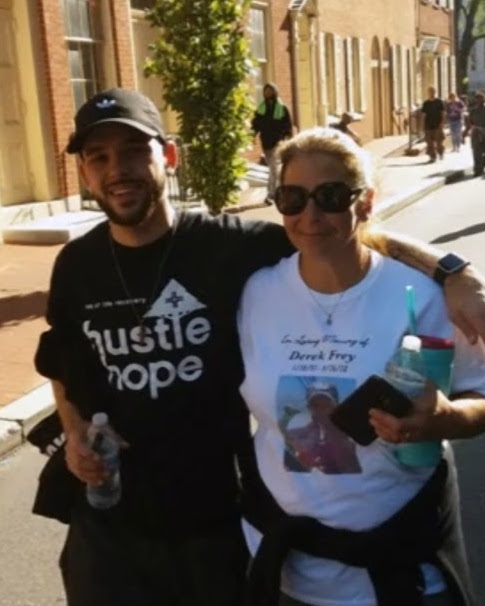
<h2 class="subtitle">
Contact:</h2>
<p>Tony Newman 646-335-5384<br />
Bill Piper 202-669-6430</p>
In yet another huge victory for marijuana reform, the Senate Appropriations Committee voted today by 21 to 9 to approve an amendment offered by Senator Mikulski (D-MD) to protect state medical marijuana laws from federal interference by the Department of Justice and Drug Enforcement Administration. The amendment mirrors one that passed the House last week 242-186, and was sponsored by Rep Rohrabacher (R-CA) and Rep Farr (D-CA).
“What we’re witnessing today are the death throes of the federal government’s war on medical marijuana,” said Michael Collins, Policy Manager at Drug Policy Alliance’s Office of National Affairs. “Last week the House sent a resounding message to the DEA and DOJ – stop the interference and let states legalize medical marijuana. Today, the Senate echoed that message.”
After decades of inactivity on marijuana reform, the Senate has moved at lightning pace this year. In another vote today, the Senate Appropriations Committee passed by voice vote an amendment from Sen. Jon Tester (D-MT) to protect state industrial hemp laws from DOJ interference. Less than a month ago, the Senate Appropriations Committee passed the bipartisan Daines-Merkley amendment allowing Veterans Administration (VA) doctors to recommend medical marijuana to their patients in states where medical marijuana is legal. The vote was the first time the U.S. Senate had ever approved marijuana law reform. The passage of the Daines-Merkley and Mikuslki amendments follow the introduction of a sweeping medical marijuana bill – the CARERS Act – by Senators Cory Booker (D-NJ), Rand Paul (R-KY) and Kirsten Gillibrand (D-NY). That legislation, introduced in March, already has ten cosponsors, and there are high hopes that Senate Judiciary Chair Chuck Grassley (R-IW) will grant the bill a hearing.
Currently, 23 states, the District of Columbia and Guam have legalized marijuana for a variety of medicinal purposes – and an additional 16 states have passed laws to allow access to CBD oils, a non-psychotropic component of marijuana that has proven uniquely effective in managing epileptic seizures that afflict children. Four states – Alaska, Colorado, Oregon and Washington – have legalized marijuana like alcohol. In 2016, voters in Arizona, California, Maine, Massachusetts, and Nevada are expected to decide ballot initiatives on the question of legalizing marijuana for adult use. A slew of recent polls show that significant majorities of both Democrats and Republicans strongly believe that the decision of whether and how to regulate marijuana should be left up to the states.
“There is huge momentum in the Senate on the issue of marijuana reform. We now have the votes in the House and Senate to legalize medical marijuana, and leadership in both chambers should allow bills like the CARERS Act to move forward,” said Bill Piper, Director of Drug Policy Alliance’s Office of National Affairs.


Notifications